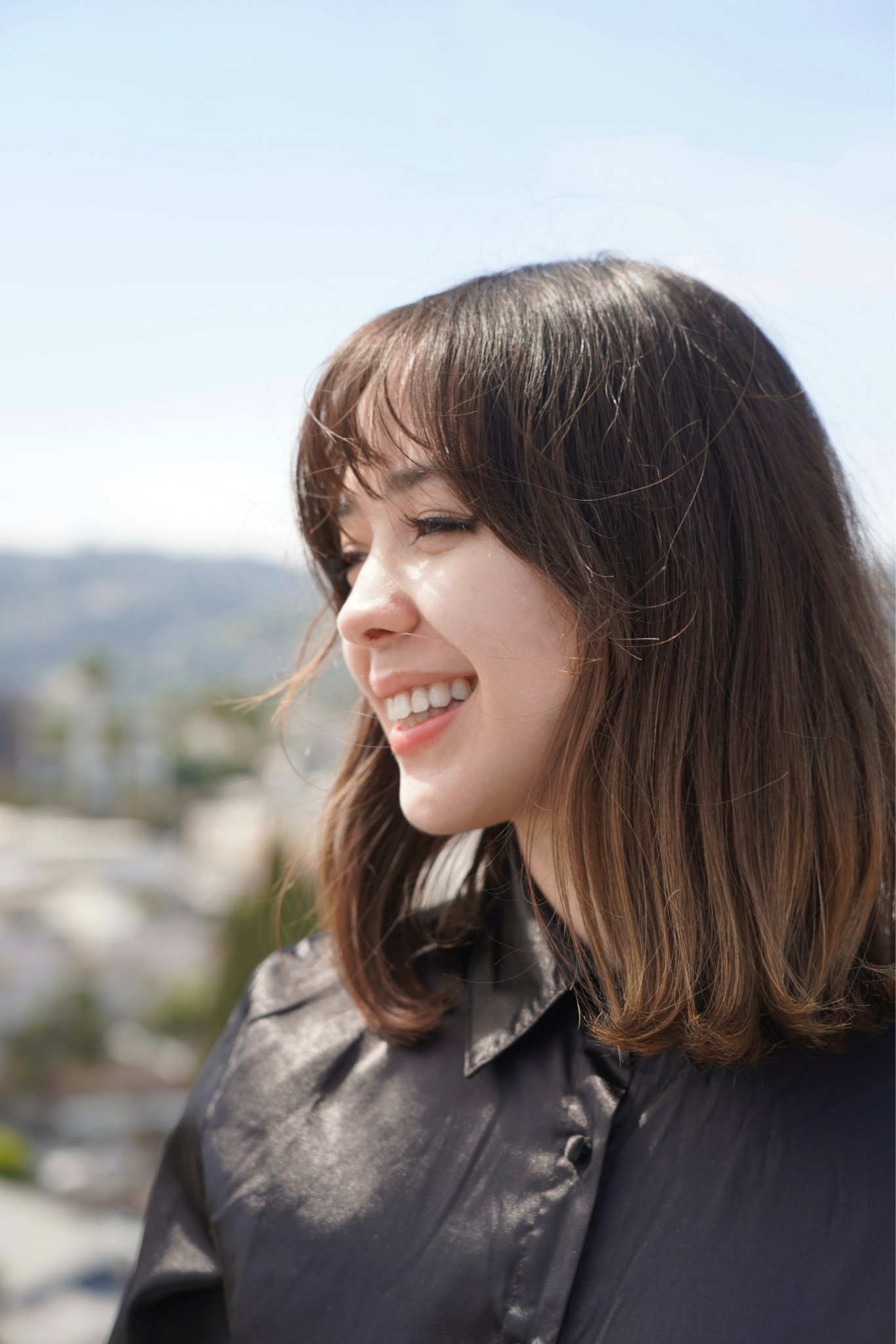We recently connected with Sara Sternheimer and have shared our conversation below.
Sara, appreciate you joining us today. We’d love to hear about the best boss, mentor, or leader you’ve ever worked with.
I was 18 and knew absolutely nothing about film producing when I met film producer Octavia Peissel (producing for Wes Anderson at the time) through her producer friend Marine Dorfmann. She was looking for an assistant, and she hired me, this accomplished woman who built her career from the ground up starting young, just like I was trying to do. She impressed me, scared me even. Octavia is this 5’9 powerful woman with a presence that said that she belonged there in an industry that doesn’t always make space for women like us. I immediately knew that I wanted to be like her. I think she saw something in me that reminded her of herself at that age. Maybe it was the innocent hunger, or the way I was willing to throw myself into work that was way beyond my experience level. But she brought me into that world when I was so young and inexperienced, and she taught me two things that I am still carrying forward. She taught me that excellence is non-negotiable, and that producing often meant to believe in someone before they learn to believe in themselves.
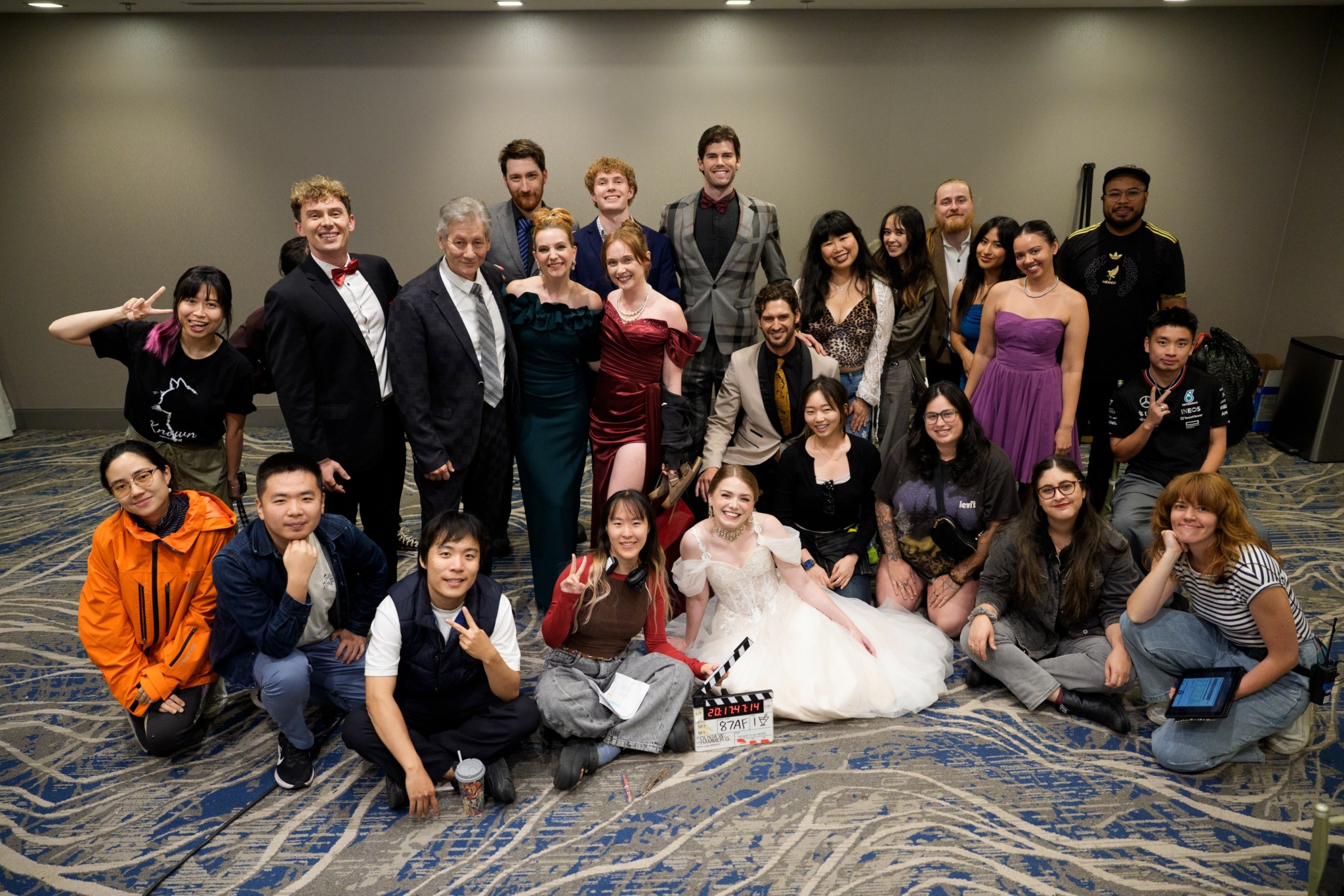
Great, appreciate you sharing that with us. Before we ask you to share more of your insights, can you take a moment to introduce yourself and how you got to where you are today to our readers.
Originally from Paris, I began working in production at 16, interning across film and commercial companies. At 18, while studying film at Sorbonne Nouvelle University, I was hired by Wes Anderson’s production company, American Empirical Pictures where I get the chance to work on Asteroid City, Oscar-winning The Wonderful Story of Henry Sugar, The Swan, The Rat Catcher, and Poison, holding an assistant desk during their development and production. At the same time, I partnered with director-photographer Anthony Dorfmann to launch a production company, producing campaigns for brands like Rare Champagne, Starmania, and UNIQLO all while I began building a social media presence that grew to over 380,000 followers and 120M+ views across TikTok and Instagram. That led me to talent management and brand deals for other influencers negotiating partnerships for creators with Samsung, Jennyfer, Ubisoft, and more. Then, in 2023, I moved to Los Angeles to join the MFA Producers Program at UCLA where I get to TA seven film and TV courses within the UCLA TFT department and worked in development and production for companies like The Directors Bureau (Roman Coppola) and Feigco (Paul Feig). I graduated in June 2025, winning the Jury Award at UCLA’s Marketplace, the capstone event of our program which felt like a full-circle moment for me as Wes Anderson received the Vision Award the same night. Through UCLA, I met Edyta Deng who introduced me to the world of vertical soap operas. I’ve since cast and produced a number of serialized digital shows for platforms like Dramabox, Goodshort, Netshort, Kalos TV, and Dreameshort with titles like Carrying His Babies, Stealing His Heart, and CEO Wants My Little Rascal (yes, they’re real, and they’re hit shows haha.) I now work full-time as a casting director and producer for vertical content in Los Angeles with the goal to transition into larger-scale film and TV within the Hollywood system.
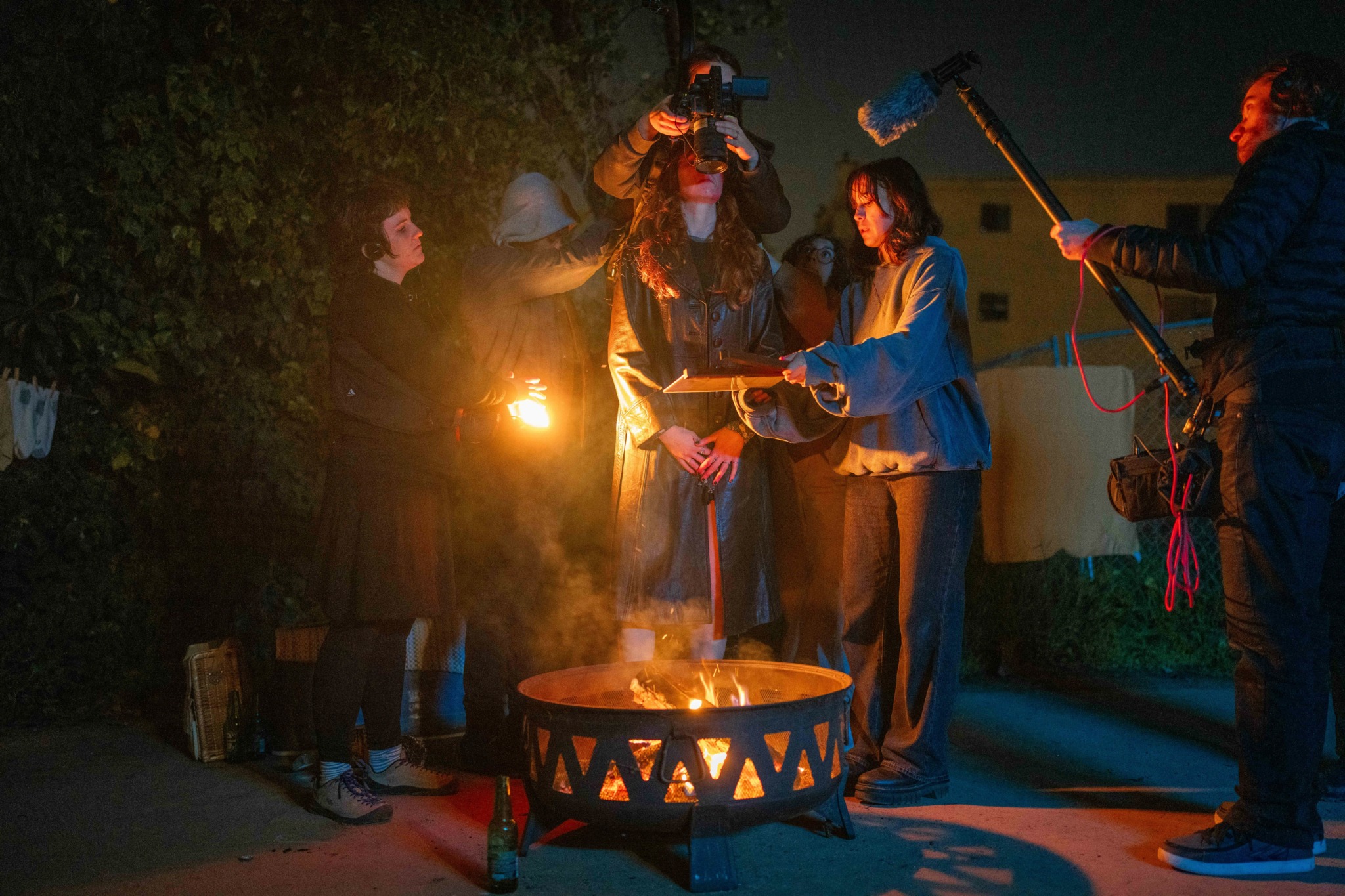
Any insights you can share with us about how you built up your social media presence?
I wasn’t a content creator. I had no strategy, barely any videos on TikTok. Then in 2021, I shared a storytime about an April Fool’s prank that went wrong, and that video randomly took off and got just a few hundred thousand views. A few days later, in the countryside with my best friend Joséphine, I couldn’t stay quiet about my small video, and how I wanted to make more. So there we are, making a joke video pretending we’d discovered a trapdoor that led to an allegedly secret basement. Stupid, I know, but it made 30 million views. At the time, it was huge. Arguably, it’s still huge, but that summer, I thought “I can’t miss my chance,” so I started posting one video every three days. Since I’m half French and half Japanese, I started making content around that. Nothing was planned in advance, but that mix became what I was being recognized in the street for. I was that half-blond half-brunette half-French and half-Japanese girl on French Tiktok for a while, and I went from almost no followers to 200,000 in a month, just by staying consistent. If I had to give a piece of advice, it would be: find what’s catchy and focus on that. Whether it’s you or a product, find what’s that one thing, and you’ll know when you’ll do because it will work. And when it does, keep going and don’t overthink.
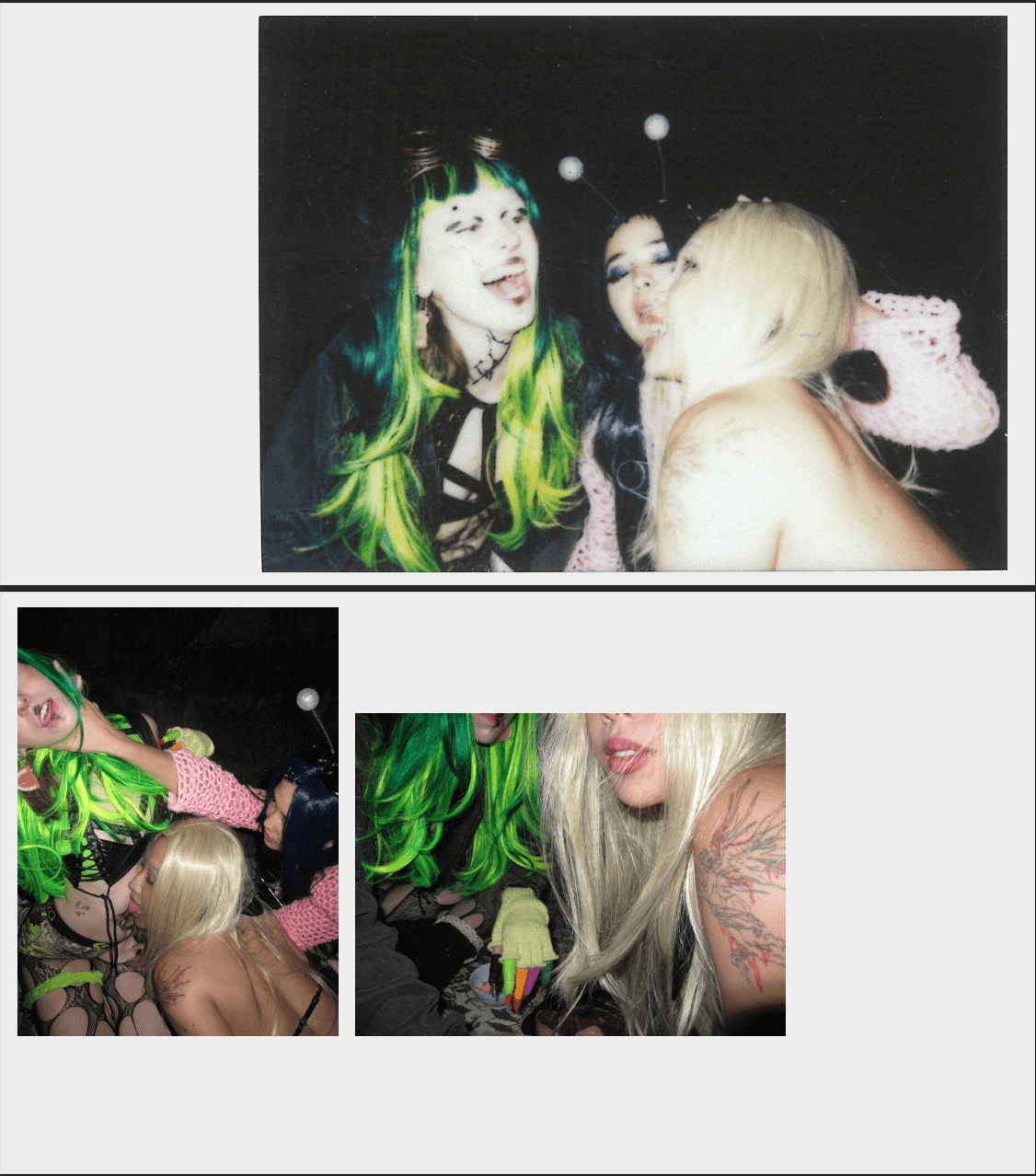
In your view, what can society to do to best support artists, creatives and a thriving creative ecosystem?
In France, there’s a real infrastructure in place to support filmmakers, with the Centre National du Cinéma and its public fundings or the “intermittent du spectacle” status which allows freelancers like actors or most crew members to have access to unemployment benefits during gaps between jobs. I’m not saying it’s perfect, but at least it’s here and it treats art as labor of public interest. Studying film in the US, the first thing I heard about the industry here was “movie business is a business.” It’s entirely market-driven, so no safety net, no generalized national funding. On one end, it pushes studios and productions to work hard during the development process of their movies to create the best stories possible. But it also creates an enormous barrier to entry, and culture is almost a luxury product. I honestly believe that it should be part of the national infrastructure of things, like roads or schools, the way it is in France!
Contact Info:
- Instagram: https://instagram.com/saracried
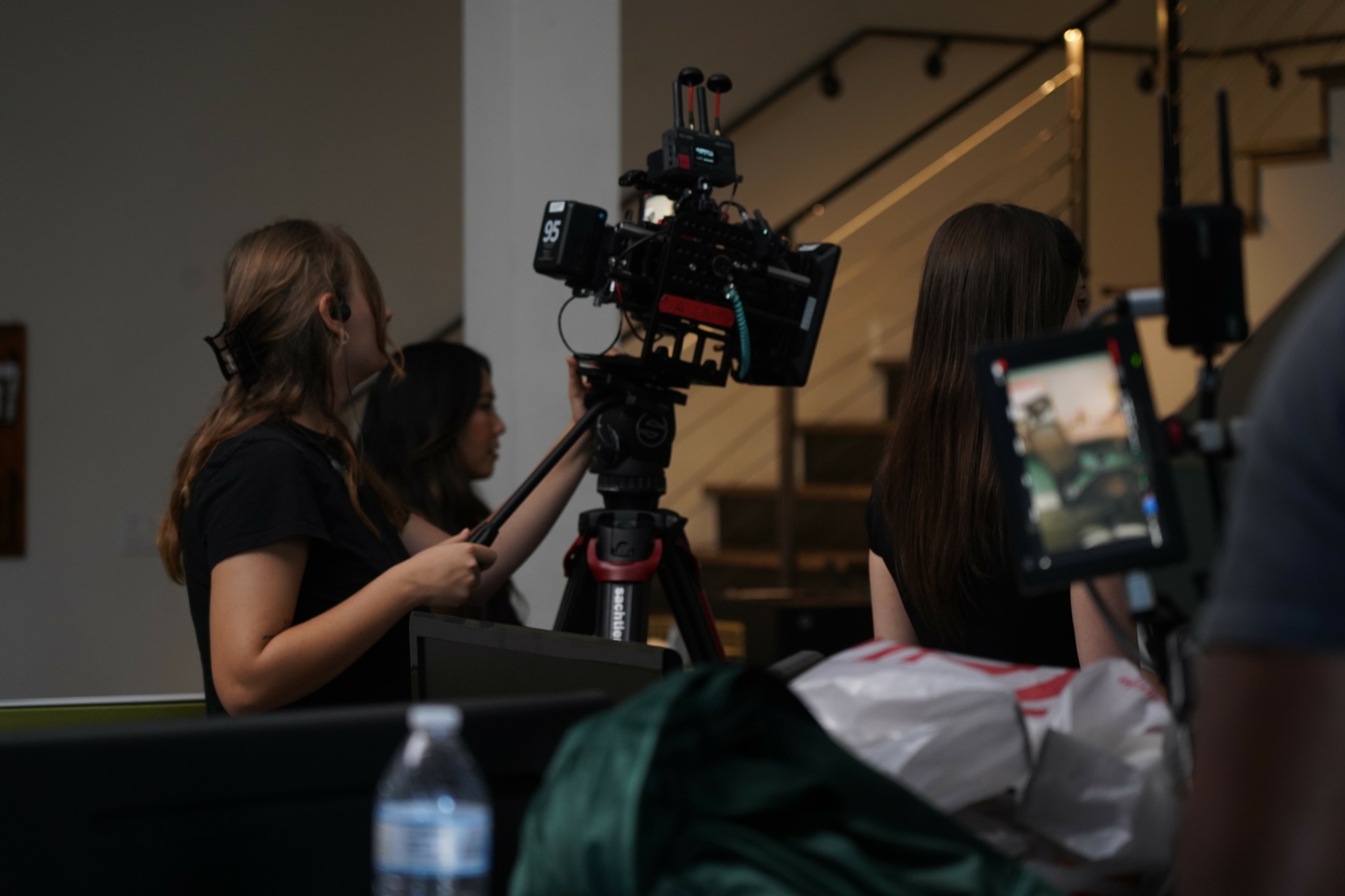
Image Credits
Picture 1 – Tony Zamarripa
Picture 2 – Ashwin Mitchell
Picture 3 – Josh Genao
Picture 4 – Sara Sternheimer


